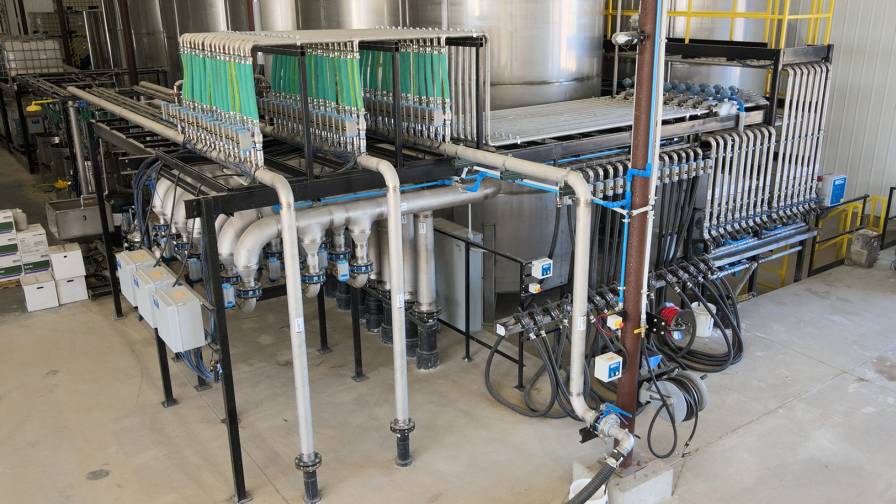Crop Nutrition: Ag’s Lifeblood
When you think about it, it makes perfect sense that crop nutrition has vaulted into the lead spot among crop inputs. Although many agricultural observers correctly point out that the seed is the “heart” of a grower’s decision-making process regarding what to plant, crop nutrition is the “blood that keeps it beating.”
In fact, as Dr. Greg Willoughby, Technical Services Manager for Helena Chemical Co.’s Northern Business Unit, says, crop nutrition is almost more important to achieve good yield results. “There are certain key pieces of their production systems that need to be maintained because everything else is built upon these to achieve strong yields,” says Willoughby. “Healthy soil and a strong fertility program can increase productivity and financial returns.”
Of course, these are only parts of the equation for ag retailers and their grower-customers to consider in 2016. As crop nutrition importance and use has increased, so has the possibility of unintended leaching and migration of some components into the nation’s water resources. Over the past few years, high profile (and extensively reported) incidents involving run-off and water sources in places such as Lake Erie and the Chesapeake Bay have placed agriculture under intense scrutiny to change its crop nutrition practices. This has led to a host of new best practices and product offerings to aid in these causes, across a wide range of fields (both business-oriented and land-based).
Finally, there is definitely a desire on the part of those who make their living from the agricultural marketplace to do more with crop nutrition products and practices, in all areas. For instances, one of the nation’s CropLife 100 ag retailers, Asmus Farm Supply (AFS), has spent much of its 50-plus year history catering almost exclusively to the crop protection product needs of its grower-customers. Indeed, up until a few years ago, better than 85% of AFS’ annual revenues came from this single sector of the business.
However, as the company’s Harlan Asmus points out in this edition: “We realized several years ago that the demand for plant nutrition products applied by our customers was increasing, and would continue to do so over the next couple of years.” To this end, AFS now features a brand new liquid fertilizer facility to fulfill this desire among customers for crop nutrition offerings in their operations.
And we can probably expect more such moves from ag retailers and suppliers in the future. After all, what good is a heart without some proper blood to power it?






